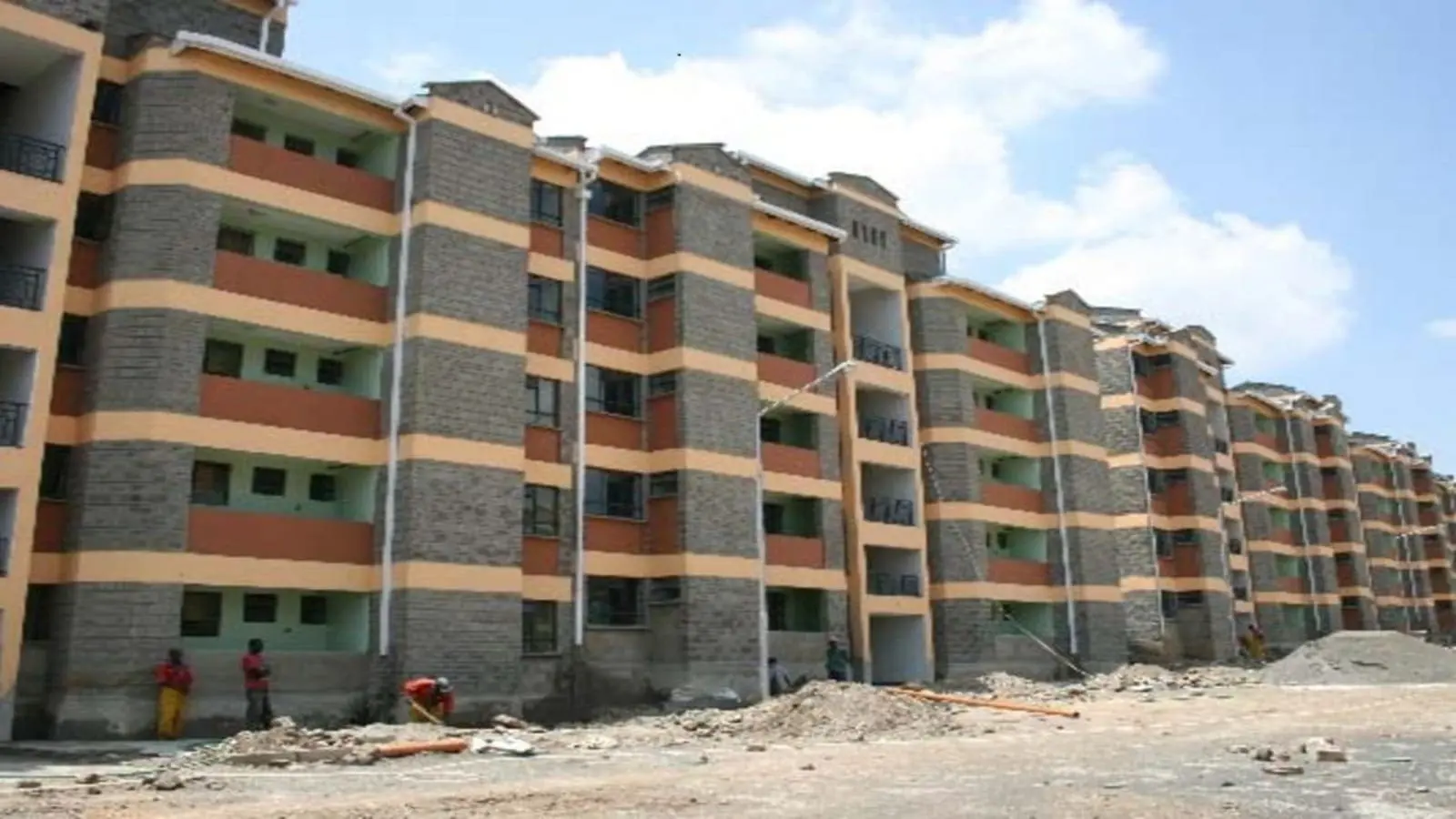The City of Kigali is set to build 10,000 affordable homes over the next five years as part of an initiative to upgrade informal settlements and provide better housing for low-income and vulnerable residents.
Currently, more than 61 percent of Kigali’s residents live in unplanned settlements. The city aims to reduce this figure to 20 percent by 2035.
City Mayor Samuel Dusengiyumva announced the plan at a press conference on September 3. He outlined a rehousing model that will drive the expansion of affordable housing. This model includes residents contributing land for construction, allowing for the development of decent homes while accommodating more families on the same plot.
The plan also involves upgrading infrastructure in these zones, including roads, water and power supply, sanitation, and waste management. Dusengiyumva cited the successful Mpazi rehousing model in Gitegera Sector, Nyarugenge District, as a template for future projects.
“We started with 1,000 decent homes under this model, and we aim to build 10,000 more in the next five years,” Dusengiyumva said. “This model will help low-income and vulnerable families access quality housing using locally sourced materials.”
The mayor also called on investors to support and scale up such housing models. “We want the private sector to get more involved. It’s a viable business opportunity, with an estimated Rwf700 million needed to construct a building with 54 units, excluding land costs,” he added.
Investors are encouraged to adopt affordable construction technologies. According to the National Institute of Statistics, around 54 percent of Kigali’s residents are low-income, earning between $38 and $225 per month, with 13 percent earning less than $38. The middle-income group, earning between $225 and $678, constitutes 21 percent of the population.
The mayor noted that the housing market has primarily focused on high-income households, who make up less than 12 percent of urban dwellers.
The City of Kigali is also evaluating areas like Gatsata in Gasabo District and Muhima in Nyarugenge District for potential upgrades using the rehousing model.
By 2050, Kigali aims for 90 percent of its residents to have access to decent housing, with 60 percent of these homes being affordable for renters based on their financial capacity.

